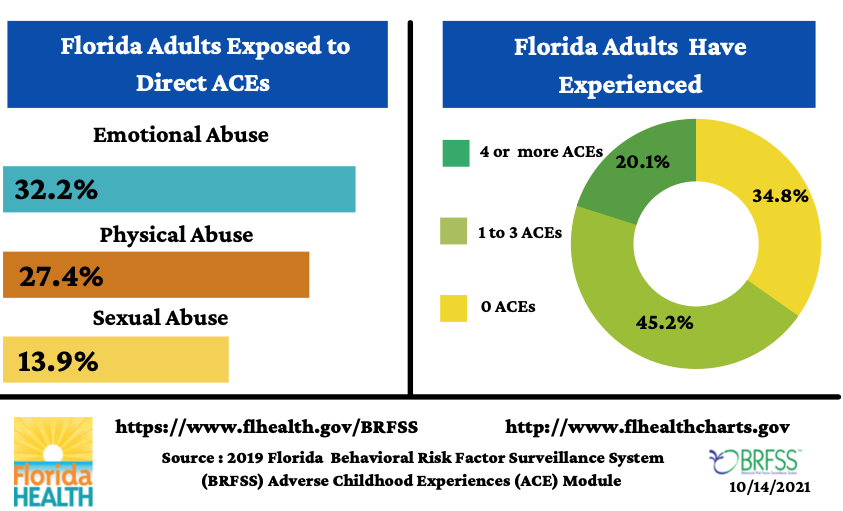
What We Do
Empowering adults in NW Florida living with the chronic effects of childhood trauma to step into their power, break through limiting barriers, and create a life of fulfillment and strength
Our Mission
To create a compassionate community for Adult Childhood Trauma Survivors through support, education, and financial assistance for therapy services.
Our Vision
We envision a supportive community where access to mental health resources is equitable, the stigma surrounding abuse is dismantled, and the journey toward healing is met with understanding, compassion, and hope. A community where every Adult Childhood Trauma Survivor can access the therapy they need to heal, free from financial barriers, improving the overall physical and mental health of our community.
What we Offer
Supportive Community
Education on understanding the lasting effects of childhood trauma
Tools and resources for healing
Financial assistance for trauma therapy services
Why it matters
Adverse Childhood Experiences (ACEs) are stressful and traumatic events that occur during childhood that can have lasting effects into adulthood.
It’s estimated that over 60% of adults in our community have experienced at least one Adverse Childhood Experience.
Research shows that adults who reported ACEs are linked to higher risks of unhealthy behaviors, mental health disorders, and chronic health conditions.
By providing therapy access, we’re not only helping individuals, but we’re fostering healthier families and communities as those individuals begin to heal and grow.

